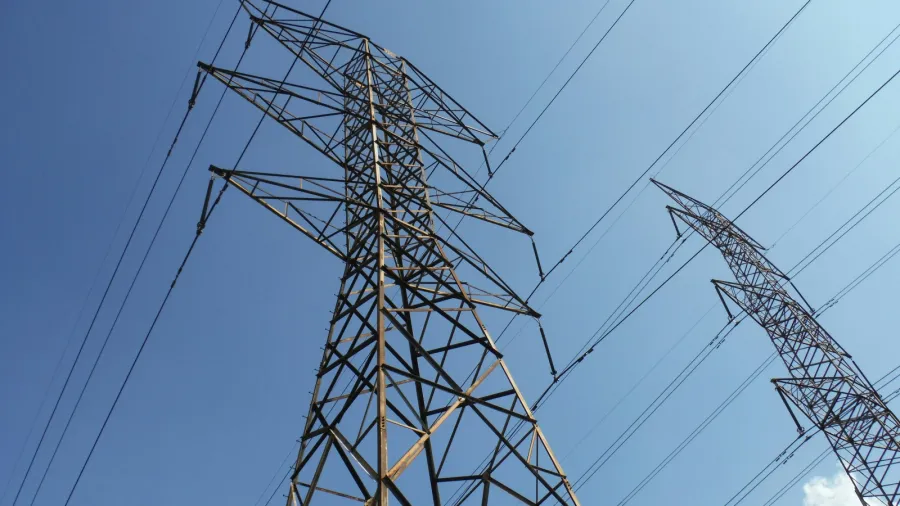
BESS gains edge with declining costs
It costs less compared to pumped-hydro storage and Compressed Air Energy Storage.
Battery energy storage systems (BESS) are projected to be the most competitive power storage type due to the significant decline in its cost driven by improvements in technology and manufacturing.
In a report, BMI stated that the average installation costs dropped by 90% since 2010, making its price lower than pumped-hydro storage and Compressed Air Energy Storage (CAES) technologies.
“This cost decline has enabled BESS to become the primary technology utilised for power storage amid the advancing global energy transition and growing grid bottlenecks caused by intermittent renewables,” the report read.
ALSO READ: Rooftop solar battery attachments up 35.5% in Q4 2023
According to BMI, the average cost of BESS projects with planned completion dates between 2024 and 2028 is around $270 per kilowatt (kW), whilst pumped-hydropower costs $1,100/kW, and CAES $1,350/kW.
The price of lithium, a material used for lithium-ion battery modules which accounts for around 60% of utility-scale projects, is also expected to see a significant decrease.
Lithium carbonate cost is projected to decline to $15,000 per tonne in 2024 from $72,081 per tonne in 2022.
Nickel prices will still be below the peak in 2022 due to a surge in supply from the main producers China and Indonesia.
Meanwhile, copper, a critical component for energy transition technologies, is expected to put “upward price pressures on BESS expenditures” due to growing demand from electric vehicles and non-hydropower renewables generation.
Over 40 gigawatts of battery projects started operations in 2022, doubling the 2022 capacity additions, BMI said, citing data from the International Energy Agency.
“We expect this growth momentum to continue due to the cost competitiveness of BESS over other storage technologies,” it said.

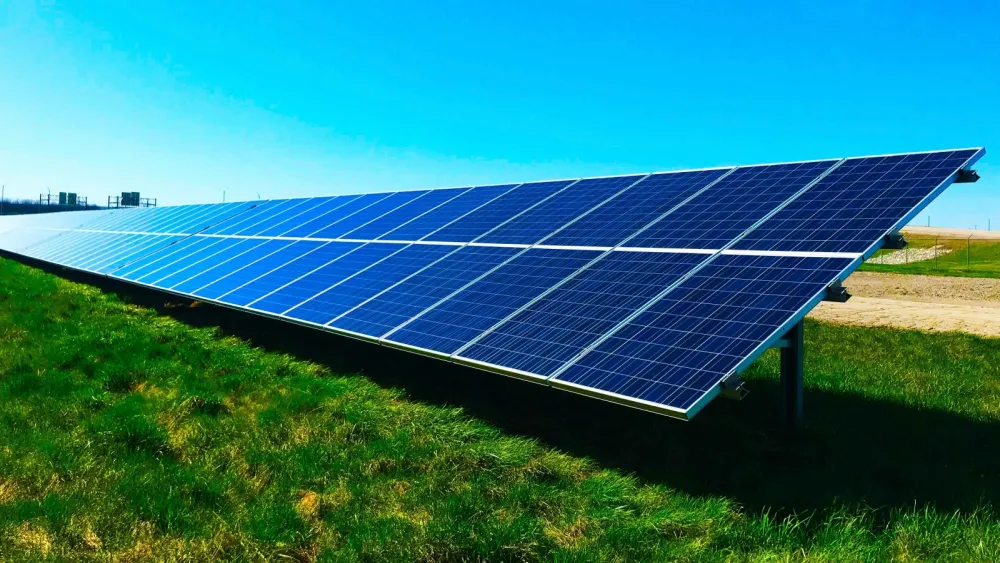
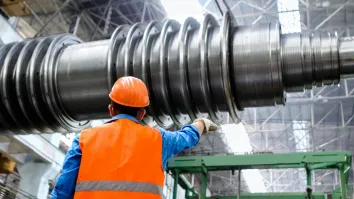
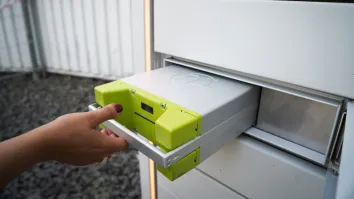
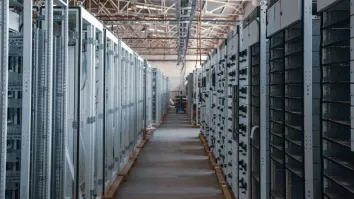
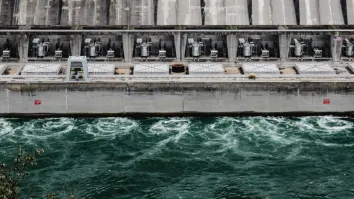













 Advertise
Advertise







